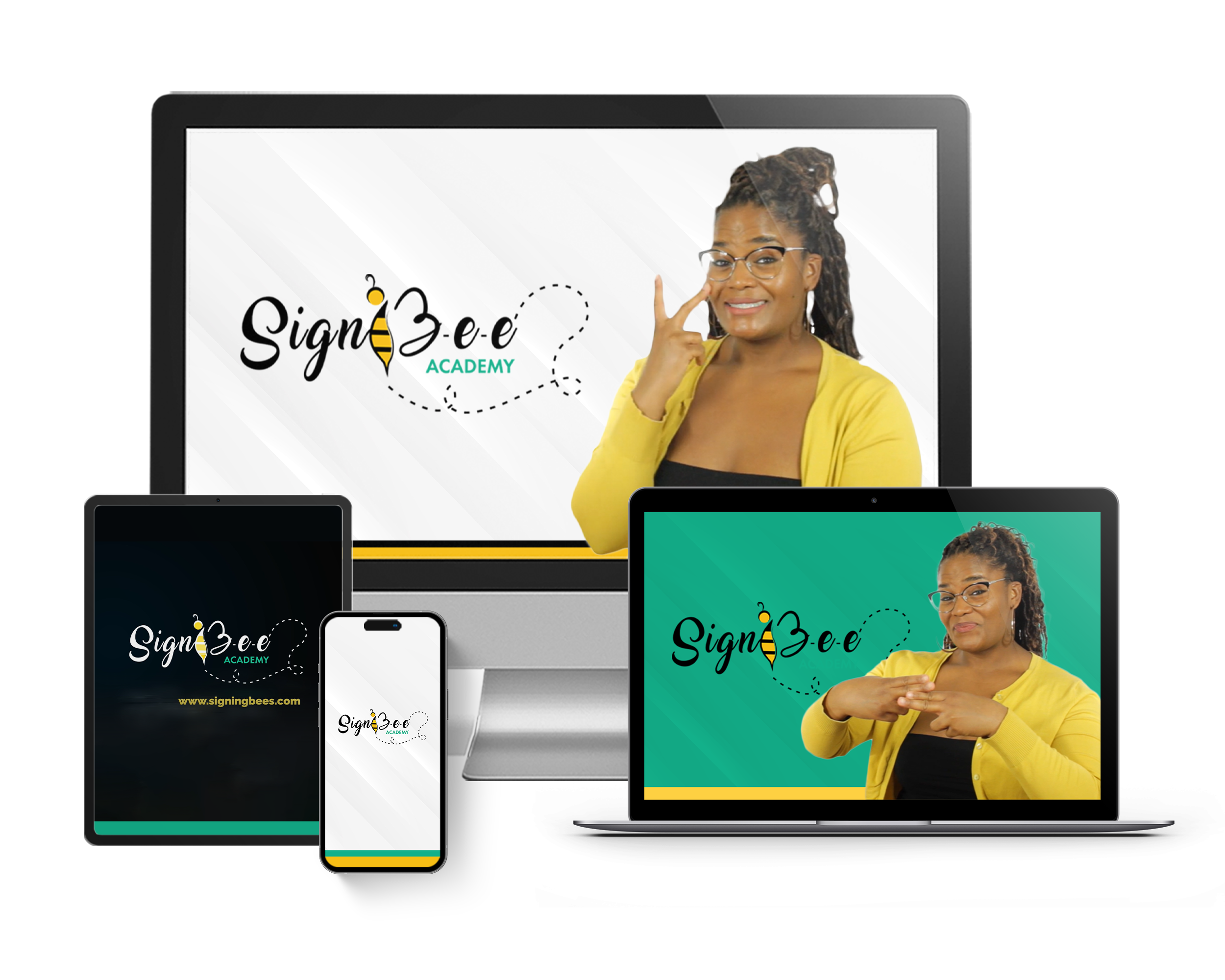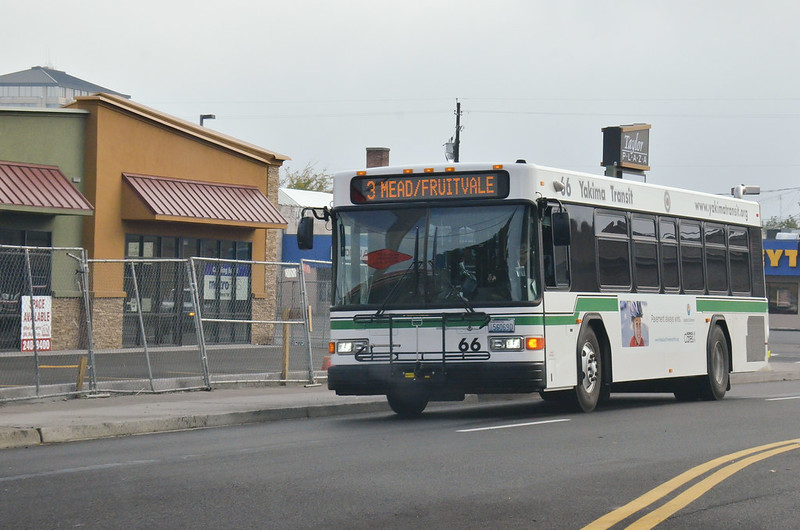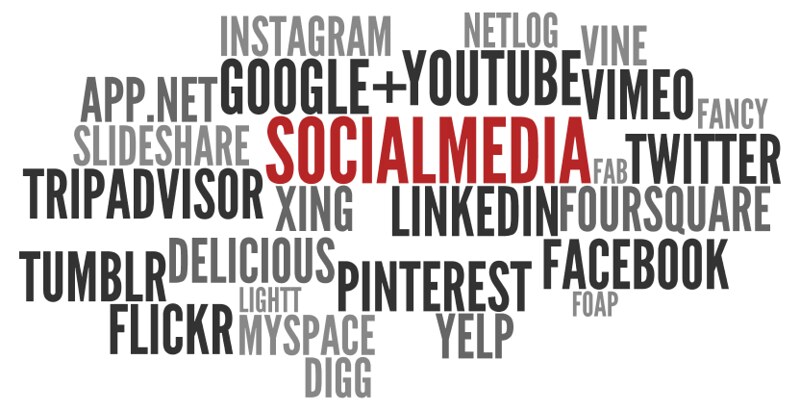Money is such an integral part of the human experience that even a song about it has a high chance of becoming a hit. If you don’t think so, ask the group called Abba. Financial services are one of those things that everyone will need throughout their lives.
Without access to financial services, we will struggle to achieve most things in life. Getting basic things like groceries, paying for education, finding a job, and just being a part of society will be a challenge.
There are times when getting access to these financial services and resources is difficult. You might need a loan or a convenient way to bank your paycheck and if you can’t get such services, you might run into debt, and in some cases become bankrupt.
These challenges in accessing financial services aren’t limited to the hearing population but also plague the deaf population. Access to many things is a challenge to the deaf community, and financial needs are one of those challenges.
This article will address what poor access to financial challenges can cause and how deaf people overcome them.
The Effect of Poor Access to Financial Services
It has been said that money makes the world go round, so it won’t be out of place to infer that without access to financial services, people will become stagnant. As was said before, there is little that can be done without financial services yet, a rough estimate of 2 billion people don’t have access to financial services.
So, what challenges will such people face? Let’s find out.
Fewer Income Opportunities
There is a saying that has some merit in financial affairs. The saying states “It takes money to make money.” While this isn’t applicable in all cases, it is true in many situations. When people don’t have access to financial services, their income opportunities become limited.
For example, a farmer without access to a savings or loan system might struggle to get sufficient fertilizer to improve his maize production. This will also reduce the quality of his soil and eventually leave his income stagnant. He won’t be equipped to explore farming other crops that might yield better resources as well.
These challenges aren’t only visible to entrepreneurs. It also affects people seeking regular jobs. Many companies won’t hire a person without access to financial services.
Poor Health
Health is an integral part of functioning in society. Poor health will affect a person’s productivity, reducing income, and leading to death. However, health services aren’t free or even cheap. 6% of the world’s population has been pushed into extreme poverty because of health bills.
In most countries, access to financial services is the first step in getting any form of health services. So, if you can’t access insurance or loans, you won’t get healthcare. This can lead to avoidable loss of life.
Insecurity
Security, one way or the other, isn’t cheap. If you can’t afford to live in a safe neighborhood, you will be trading less security for a more affordable living option.
When a person has reduced access to financial services, they have no option but to get cheaper housing. The same can also be said for a business owner looking to secure their business. With poor access to financial institutions, such people use less-than-ideal means of security.
How Deaf Individuals Access Financial Services
Image by Got Credit on Openverse
Everyone needs money and that includes deaf people. As established before, many things can go wrong when people don’t have access to financial services and resources. So, how do deaf people overcome this hurdle? How can they access services that more than a quarter of the population struggle to get?
Let’s answer that.
They Use Deaf-friendly Institutions
People usually want to be where they are welcomed and that is visible among deaf individuals. When a deaf person wants financial help, they first search for banks and other institutions that are deaf-friendly.
In such places, they feel safe, and they get the same experience a hearing person will get. A deaf-friendly institution will have at least an interpreter who can translate the deaf person’s needs to employees and vice versa.
While this is an obvious option, many institutions around the world aren’t deaf-friendly, reducing the options available to the deaf community.
Digital Banking
With the rise in digital banking, there are more opportunities for deaf people to access financial services. It is possible to open a bank account and apply for a loan through a website.
In most cases, digital banking involves the transmission of text which is a reliable means of communication between deaf or hard of hearing and the hearing.
Many deaf people opt for this option for its convenience since they can access financial services through a laptop or phone by themselves.
However, there are cases where communication with a representative is mandatory and without captions or an interpreter, all the advantages of digital banking are wiped out.
Interpreters
There is a large population of deaf people who use ASL as their first language so they struggle with written English especially when it involves complex financial processes. In other cases, there has to be a discussion with a professional at a financial institution.
In both cases mentioned above, using interpreters is the best option, which is what deaf people choose. Interpreters can translate the response of the institution to the deaf person and relay what the deaf person says to the institution.
More banks are having interpreters of their own, while in some cases, employees learn ASL so they can communicate freely with deaf or hard-of-hearing customers.
The challenge with using interpreters is that there must be trust between the deaf individual and the interpreter. Another challenge with using interpreters is the cost of hiring them.
Conclusion
Access to financial services should be a right of any citizen of a community but the reality is more depressing than that. With many people having challenges in accessing financial services, it isn’t a surprise that the deaf or hard of hearing are experiencing accessibility problems as well.
Poor access to financial services can lead to fewer income opportunities, insecurity, and poor health. To overcome these barriers, deaf people use interpreters, digital banking services, and deaf-friendly institutions.
Is the state of financial access for deaf people good enough? The answer is no. More can be done through legislation and increased awareness regarding the needs of deaf individuals.
Learning ASL as a hearing person can make a big difference and this is where SignBee Academy comes in. Helping you with ASL learning resources that can aid you in making that difference.
Thumbnail Photo Credit to Image by Personal Finance on Openverse






